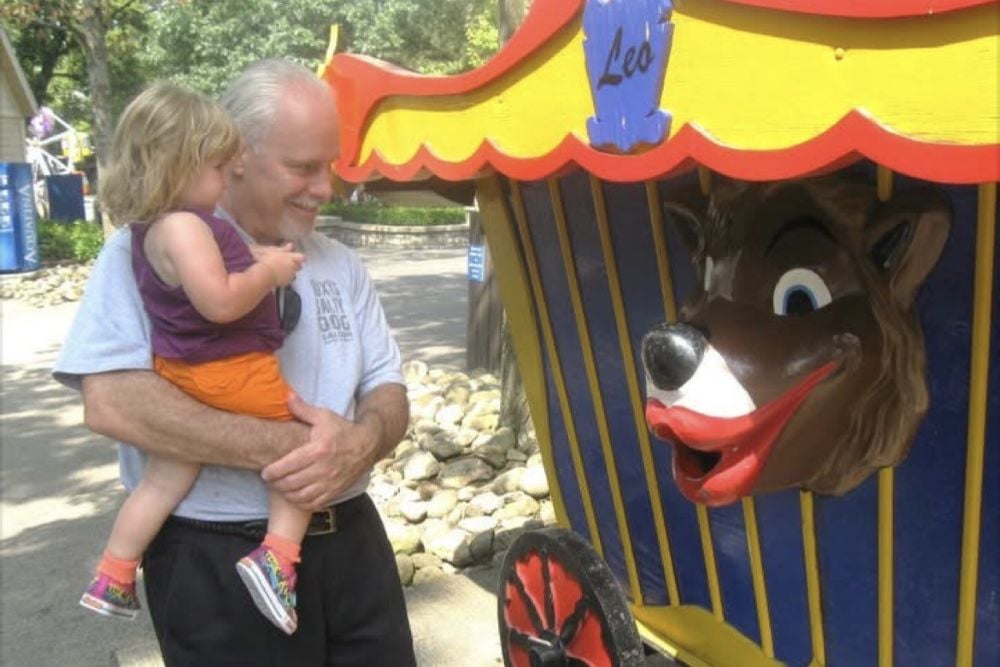Carnegie Mellon University Professor Wins Pulitzer Prize in History
Edda Fields-Black brought Harriet Tubman's role in a Union Army raid that freed 756 enslaved people to life through re-enactments, meticulous research.

EDDA FIELDS-BLACK, CARNEGIE MELLON UNIVERSITY PROFESSOR IN THE DIETRICH COLLEGE OF HUMANITIES AND SOCIAL SCIENCES’ DEPARTMENT OF HISTORY AND DIRECTOR OF THE HUMANITIES CENTER AT CMU. | PHOTO COURTESY CARNEGIE MELLON UNIVERSITY
Edda Fields-Black wanted to make her historical account of a Union Army raid led by Harriet Tubman on southern plantations and rice fields as authentic as possible.
So she re-enacted parts of the raid that occurred in June 1863 along the Combahee River in Beaufort, South Carolina, which freed 756 enslaved people. She rode on a boat up the dark river, illuminated only by a full moon. In another re-enactment, she walked barefoot across a rice field, learning very quickly after spotting an alligator that it’s impossible to run through the field because of its design.
“I wanted to put the reader in the rice fields with freedom seekers,” she told a Pittsburgh Arts & Lectures audience in March 2024.
The tenacity, thoroughness and precision she demonstrated in her research were rewarded this week when she won the Pulitzer Prize in History for “COMBEE: Harriet Tubman, the Combahee River Raid and Black Freedom during the Civil War.”
The Pulitzer judges described the 2024 book as, “A richly-textured and revelatory account of a slave rebellion that brought 756 enslaved people to freedom in a single day, weaving military strategy and family history with the transition from bondage to freedom.”
Fields-Black, Carnegie Mellon University professor in the Dietrich College of Humanities and Social Sciences’ Department of History and director of The Humanities Center at CMU, shares the prize with University of North Carolina historian Kathleen DuVal, author of “Native Nations: A Millennium in North America.”
“I am truly grateful to the Pulitzer board for recognizing the Combahee River Raid and Harriet Tubman, the Second South Carolina Volunteers and the Combahee freedom seekers’ quest for freedom as a significant chapter in our nation’s history,” Fields-Black said in a statement. “I am humbled to bring the untold stories and unheard voices of formerly enslaved people to life.”
The Combahee River Raid is considered the largest rebellion of enslaved people in U.S. history.
Tubman, of course, is best known for her role as “conductor of the Underground Railroad,” leading more than 70 enslaved people through the secret network to freedom in the North and giving instructions to 50 to 60 others to follow the route. What’s less known is her continuing role during the Civil War in collecting intel for the Union Army.
Through previously unexamined documents, including Tubman’s U.S. Civil War pension file, bills of sale, wills, marriage settlements, and estate papers from planters’ families, Fields-Black told the story of Tubman’s role of commanding a ring of spies, scouts and pilots for the Union Army. Tubman journeyed to Beaufort to gather the intelligence. It led to the June 1863 nighttime raid by Tubman and two regiments of Black U.S. Army soldiers, the Second South Carolina Volunteers and their white commanders in three gunboats. They torched plantation buildings and rice fields and liberated more than 750 people.
Fields-Black also learned through this research that she is a descendent of one of the raid participants. Relatives of both sides of her father are buried in a cemetery near Beaufort.
When Sony Ton-Aime, executive director of Pittsburgh Arts & Lectures, read Fields-Black’s book, he said he knew the standard of history had been raised, according to a CMU release.
“Every future history book will need to borrow something from ‘COMBEE’ to be considered as worthwhile,” he said, “and that is a deeper care for the voices of those whose history it tells.”











